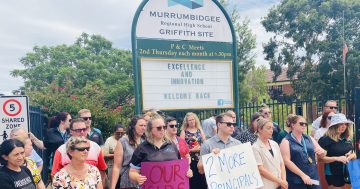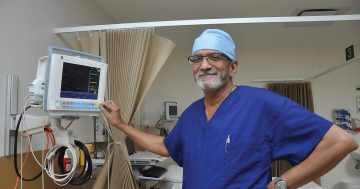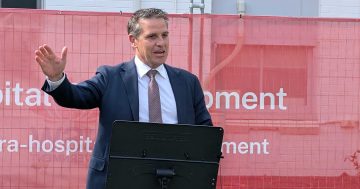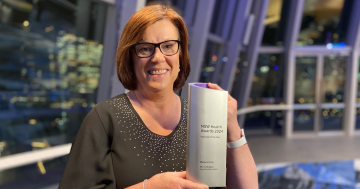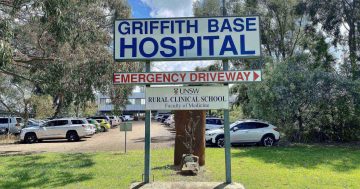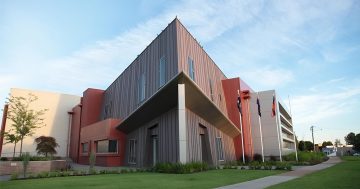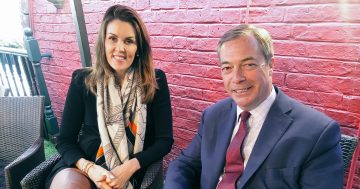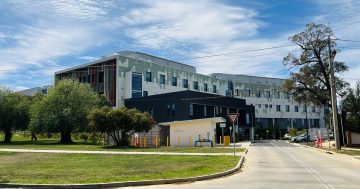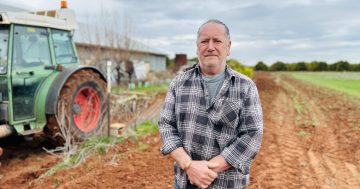Reviewed by Rama Gaind.
Edited by Ashley Hay, Griffith University, $27.99.
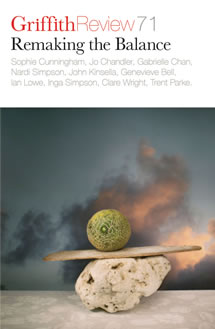 Nelson Mandela wisely said: “It always seems impossible until it is done”. Such is the thinking that is applicable when it comes to examining our relationship with resources – both tangible and intangible, physical and personal.
Nelson Mandela wisely said: “It always seems impossible until it is done”. Such is the thinking that is applicable when it comes to examining our relationship with resources – both tangible and intangible, physical and personal.
What does sustainability look like in 2021 in terms of food, energy, memory, systems and hope? What we grow, eat, mine, burn, transform and manufacture all place increasing stress on the world’s ecosystems. With a planetary population of more than 7.8 billion it means resources have never had to do more work, both economically and existentially. So, how can we change what we do with what we have?
Ashley Hay has this to say.
“Our relationships with resources are defined by what we do with all that’s animal, vegetable and mineral in the world – as well as with so many less tangible commodities. The challenge now is how to reach for new sustainabilities; how to change what we do with what we have, be that snails or sunshine, soil or stories.”
The capacity to tell stories – whether they reframe the past or forecast the future – is a signal resource allocated to humans. On this continent, alongside storytelling, there exists a particular tradition of trade, a literal gift in the landscape.
In this collection, it manifests as an extraordinary invitation extended by Yuwaalaraay writer, musician, composer and educator Nardi Simpson to enter a more generous and rewarding process of exchange, lifting the idea of resource, of asset, of object, out of time and materiality, beyond narrow expectations of numbers or returns.
Griffith Review 71 expanded to accommodate the impact of Coronavirus, introducing the idea of disruption, the idea that it might be possible not only to press reset, but to remake, reimagine, some of the world’s operating systems.
Was 2020 a year of rupture that will change what we do with what we have? How will it impact on our ideas of access and abundance, of security and agency? This edition asks how we can rethink our resources with a variety of topics.


